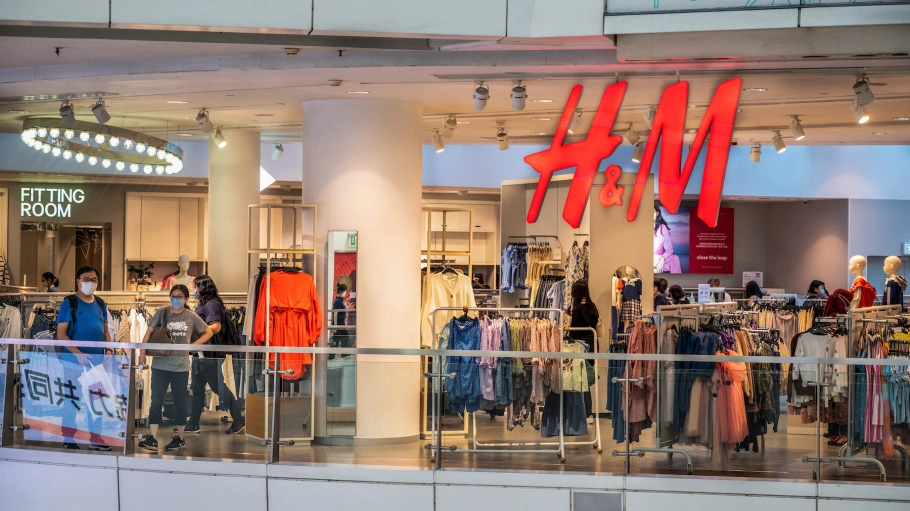Shopping at H&M may not be essentially as economical as the quick design retailer would have its clients accept. In the most recent greenwashing body of evidence against the Swedish combination, a case documented in a government court in Missouri is suing for “misleadingly, illicitly, and beguilingly” looking to profit by shopper ‘green’ patterns, where H&M clients are persuaded to think that Cognizant Decision items are an earth dependable buy.
The 55-page documenting states shoppers are turning out to be more mindful of environment issues and the job the design business plays in creating pieces of clothing that can be viewed as destructive and inefficient to the planet. Numerous customers are in this manner looking for items that are morally and deliberately made.
Tricky strategic approaches
Huge organizations, for example, H&M have gigantic showcasing ability and extensive informing, which the offended parties, Abraham Lizama and Marc Doten, guarantee are “unlawful, uncalled for, tricky, and deluding strategic policies.”
“Putting together maintainability methodologies with respect to the possibility that buyers can keep on consuming expendable plastic merchandise (since they can be reused into additional items) is profoundly tricky. This technique for ‘green’ advertising doesn’t resolve the principal issue of propagating dispensable arrangements and over-utilization of regular assets,” noticed the recording. “Without a doubt, these procedures urge shoppers to purchase more garments or discard pieces of clothing sooner, in the conviction they can be reused in some enchanted machine.”
The recording emphasizes that because of purchaser craving for more reasonable and harmless to the ecosystem design, many organizations “greenwash” their items by beguilingly guaranteeing that their attire is produced using materials that are more manageable and harmless to the ecosystem.
Deception of ‘green’ items
H&M utilizes green hangtags to distinguish and showcase its “Cognizant Decision” items, a naming strategy that proposes pieces of clothing are either maintainable or more practical than different items, regardless of being fabricated for the most part from polyester or reused plastics, which the offended parties guarantee is a deception of items that don’t adversely influence the climate.
Likewise H&M charges an exceptional value for its Cognizant Decision items, which The Style Regulation says is vital for the documenting, “for all intents and purposes at the core of the offended parties’ capacity to show that they have experienced the essential injury to have remaining to sue.”
ClassAction.org, a stage perpetrated to uncovering corporate bad behavior, says The US Government Exchange Commission (FTC) Green Aides, a bunch of standards intended to keep organizations from greenwashing their items, expresses that “a natural promoting guarantee shouldn’t exaggerate, straightforwardly or by suggestion, an ecological trait or advantage.
“Advertisers shouldn’t state or infer ecological advantages assuming the advantages are insignificant,” the documenting states.

